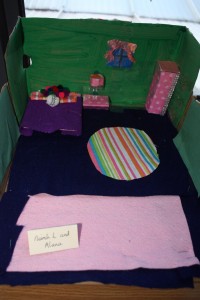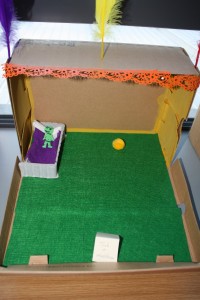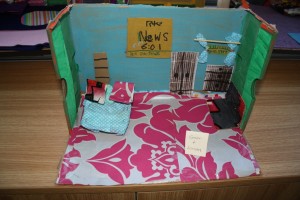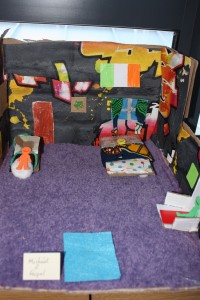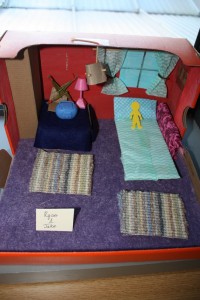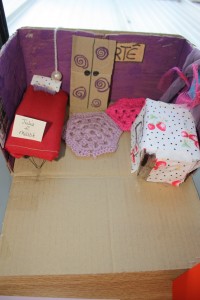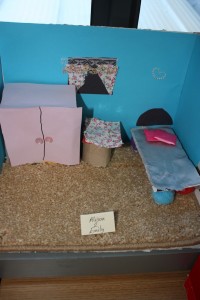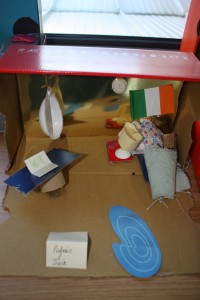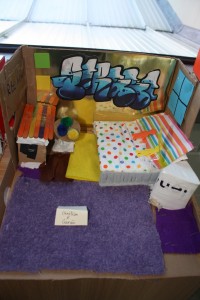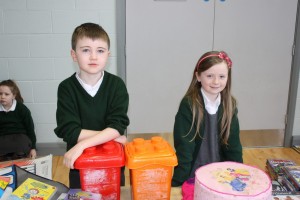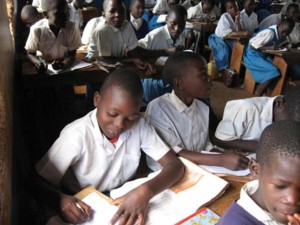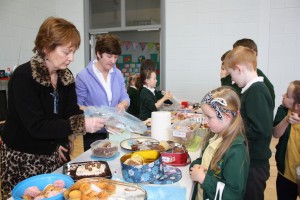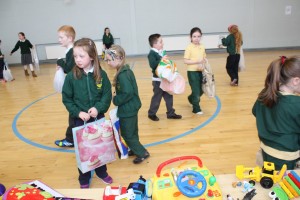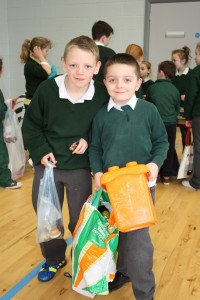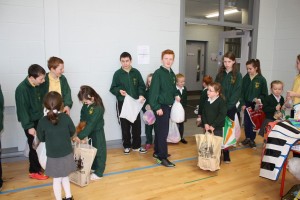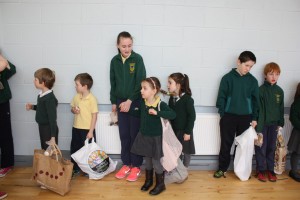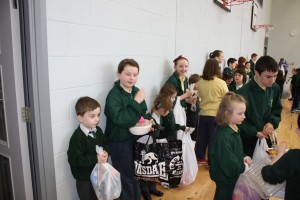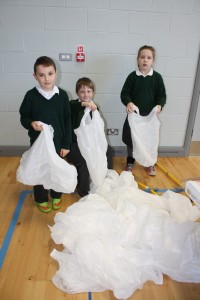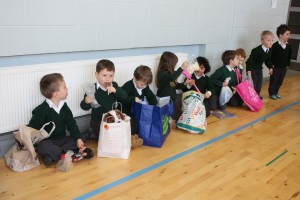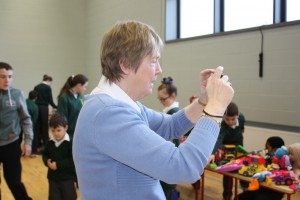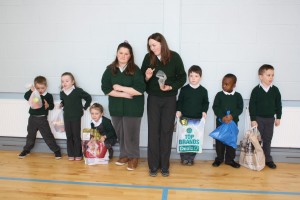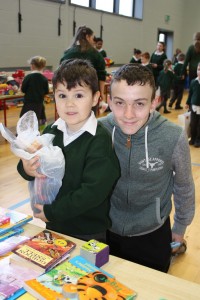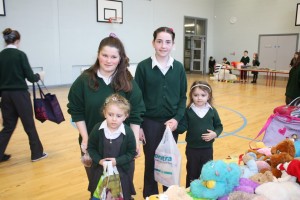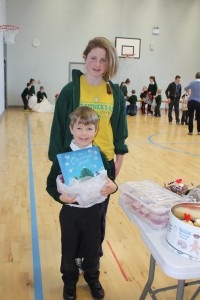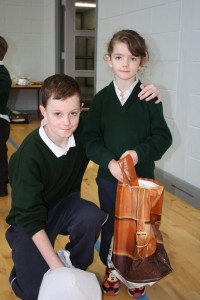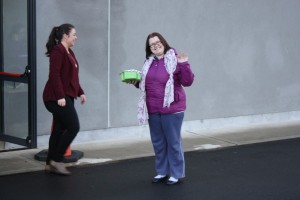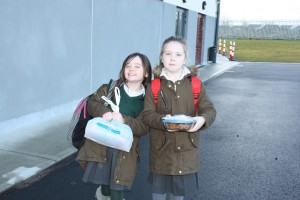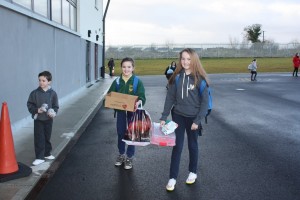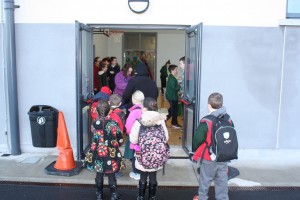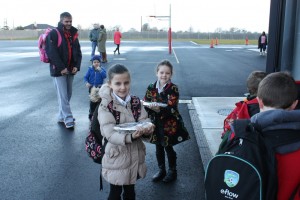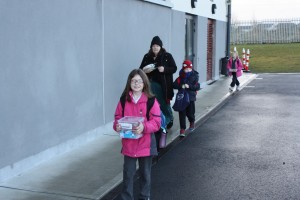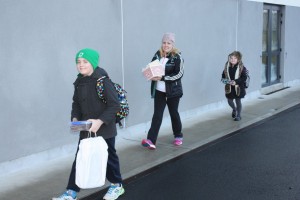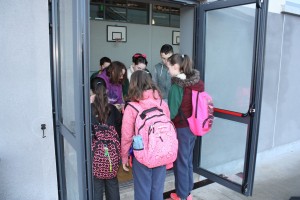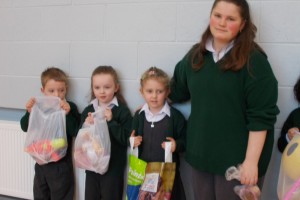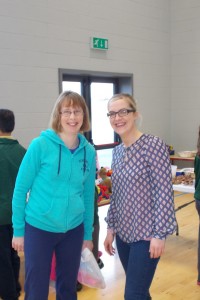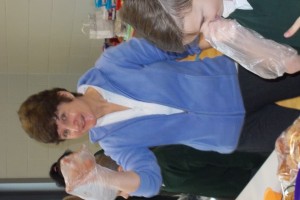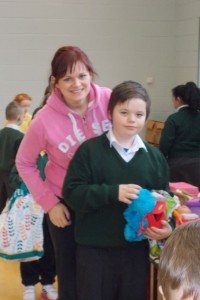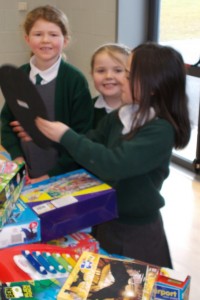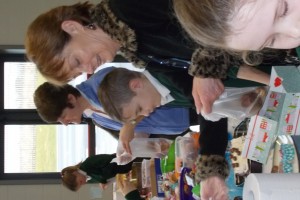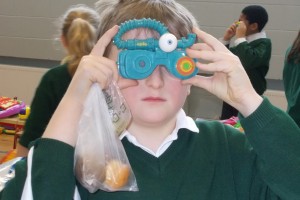2nd Class worked so hard for Zim Day 2015
Zim Day February 2015 – €1,950.00 Raised – Thank You!!
NEWSLETTER 11/02/15
THE STAY SAFE PROGRAMME – is a personal safety skills programme for primary schools. Its overall objective is to prevent child abuse and other forms of child victimization. It is implemented within the broader context of Social, personal and health education. SPHE fosters the development of the human being both as an individual and as a member of society. “It includes areas of education ranging from self-awareness and self-esteem to issues concerning health, nutrition, substance use and misuse, the prevention of child abuse, relationships, sexuality and citizenship”. In common with other strands of the SPHE curriculum the implementation of the Stay Safe programme is a collaborative process which involves parents, teachers, Boards of Management, and the wider community, taking a co-ordinated approach to child protection and child abuse prevention through safety skills education. The annual programme will be implemented across the school in the coming weeks.
ZIM DAY – FRIDAY FEBRUARY 13TH – Our annual fundraiser takes place this Friday. Any unwanted toys/books/games in good condition would be very welcome or items suitable for a raffle. People have been wonderful in the past for providing cakes and buns on the day, so we are asking again !! Could you please label containers/lids so they can be returned to you. On the day there is great value to be had so children only need a small amount of money. Could we also ask children to bring carrier bags for their purchases. Remember that all proceeds go to help the children attending Assisi High School, Nharira, Chivhu, Zimbabwe, providing resources for their educational needs.
HOMEWORK CLUB – Monday 16th and Tuesday 17th only.
MID-TERM – School closes at usual times on Wednesday February 18th and
re-opens on Monday February 23rd.
SCHOOL CALENDAR REDUCTION – There is a small number of school calendars remaining. They are now available for €4.
SCHOOL IMPROVEMENT PLAN (2012 – 2015)
Introduction:
Our school has always strived to improve the quality of teaching and learning with a view to providing the best quality education for the children in our care. Following the formal introduction of School Self Evaluation 2012 we examined areas in literacy and numeracy which could be improved. This involved the analysis of data available from standardised testing carried out throughout the school for many years including –
Junior Infants – Belfield Infant Assessment Profile
Senior Infants – Middle Infant Screening Tests (M.I.S.T.)
1st – 6th Class – Micra T and Sigma T
The process also included an attitudinal children’s literacy survey, consultation with staff and parents.
Strengths:
* St. Patrick’s N.S. is an open and inclusive school for children of all abilities.
* Our staff is extremely committed and hard working
* The school is well resourced in the area of literacy
* Considerable effort has been made to provide a wide range of reading material in class libraries.
* Teachers are aware of the importance of providing a print rich environment.
* Teachers collaborate and co-operate on a regular basis.
* Our parents are very supportive and have a high level of confidence in the school.
* Standardised testing indicates a good level of attainment overall.
* Children with S.E.N. are well catered for.
Areas for Development:
* To improve our children’s ability to understand what they read.
* To provide a wider experience for children in the area of numeracy leading to an improvement in children’s confidence and problem solving skills.
* To consolidate and co-ordinate our practices in phonics and to improve the outcomes for children.
TARGET:
To reduce the percentage of children in STEN 1-3 band and increase the percentage of children in the 8 – 10 band using a structured approach to comprehension.
Action:
* Upskilling of staff through in-service training at school level (P.D.S.T.) using Croke Park hours.
* The purchase of books recommended for use with the various comprehension strategies:-
prediction
visualisation
making connections
questioning
clarification
determining importance
inference
synthesis
* Distribution of resources (lesson plans, word sheets and teacher information) to each teacher.
* Implementation of a read at home scheme to provide greater opportunities for reading and comprehension practice with parental involvement.
* Increased methodologies including shared reading, team teaching in class learning support and differentiated novels.
* Investment in supplementary reading schemes and “comprehension boxes” to support classroom activities.
Evaluation:
Standardised test results, teacher observation and parental feedback!
TARGET:
To increase the percentage of children in the STEN 8-10 band through the introduction of team teaching, collaborative learning and a greater use of maths resources. To make maths a more enjoyable and practical experience for children.
Action:
* The introduction of team teaching and in-class support from L.S. / R.T. team.
* Major investment in maths resources.
* Increased use of maths resources (hands-on).
* Resources readily available between small numbers of classes e.g. 5th/6th, 3rd/4th, etc.
* Using resources to problem solve.









